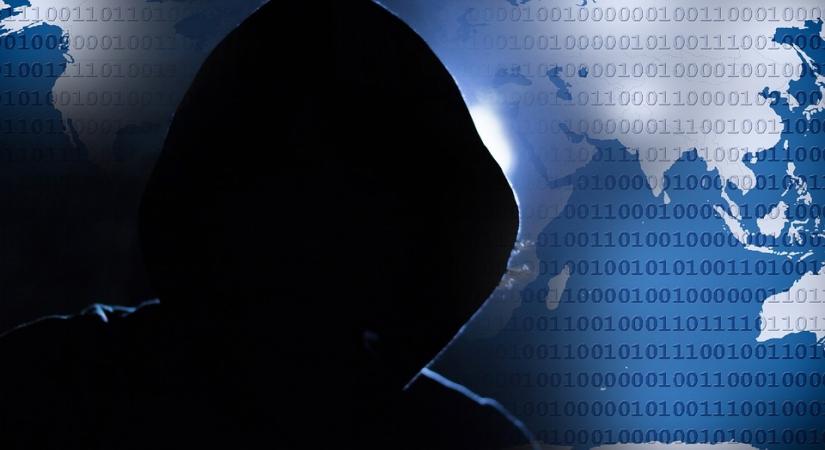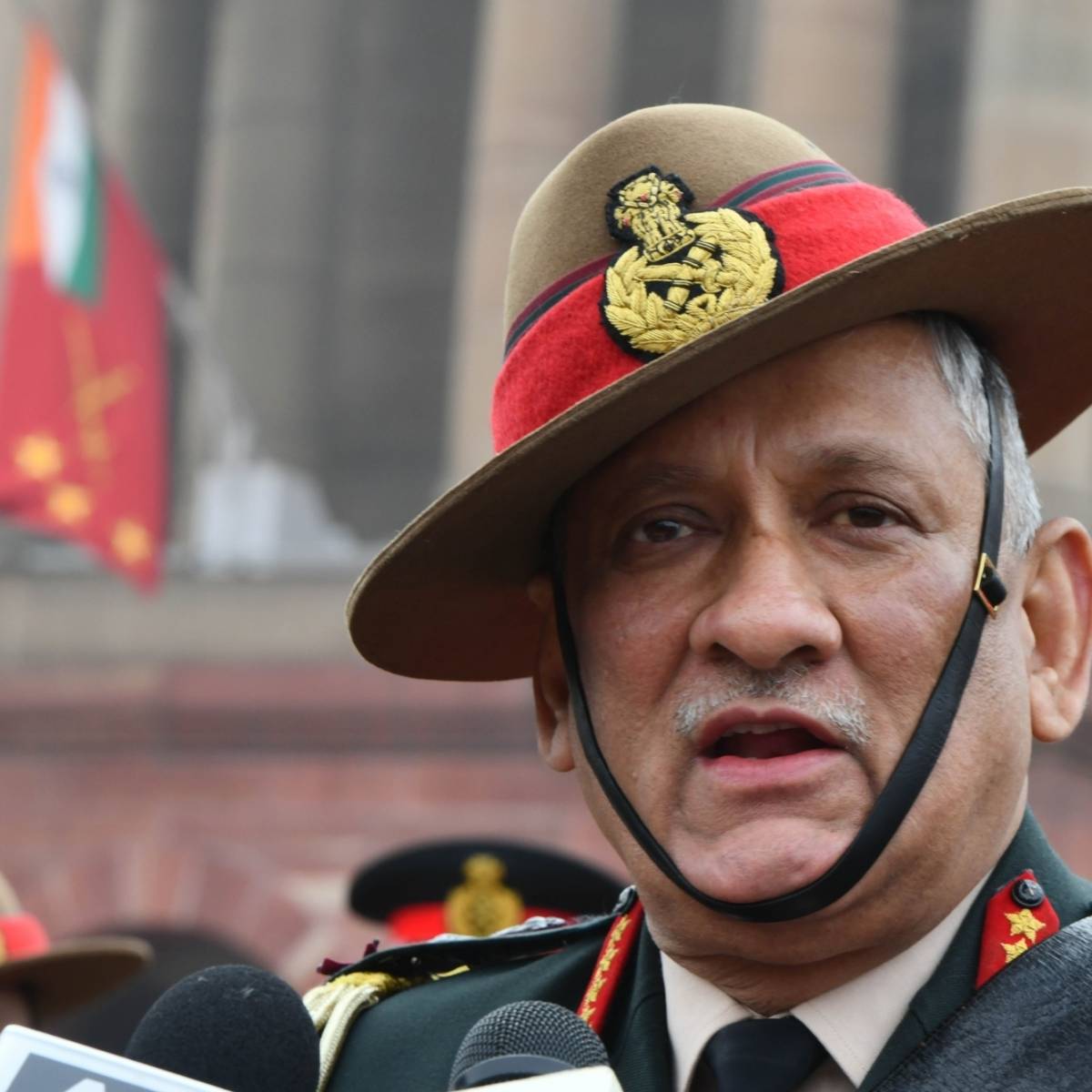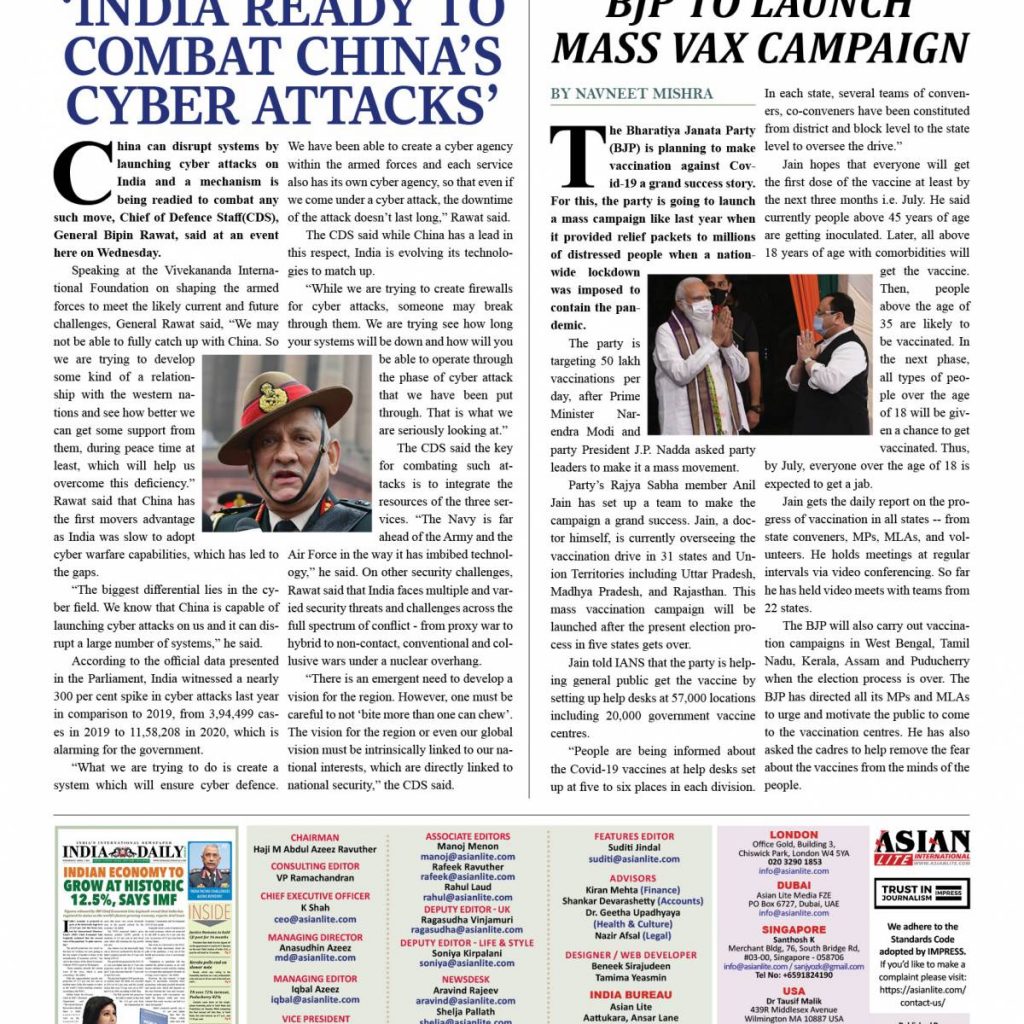The UK government has accused FSB of “targeting, including spear-phishing” of parliamentarians from multiple political parties, from at least 2015 through to this year…reports Asian Lite News
The United Kingdom government has condemned the alleged attempts by Russian Intelligence Services to target “high-profile individuals and entities” through cyber operations to “interfere in UK politics and democratic process”.
According to the Foreign, Commonwealth and Development Office (FCDO) of the UK, Centre 18, a unit within Russia’s Intelligence Services, the FSB, has been identified as being accountable for a range of cyber espionage operations targeting the UK.
“The UK and allies have today (December 7th) exposed a series of attempts by the Russian Intelligence Services to target high-profile individuals and entities through cyber operations,” the statement by FCDO read.
“Star Blizzard is also commonly known as Callisto Group, SEABORGIUM or COLDRIVER and is operated by FSB officers. The group has also selectively leaked and amplified the release of information in line with Russian confrontation goals, including to undermine trust in politics in the UK and likeminded states,” the statement added.
The UK government has accused FSB of “targeting, including spear-phishing” of parliamentarians from multiple political parties, from at least 2015 through to this year.
It has alleged FSB of hacking the UK-US trade documents that were leaked ahead of the 2019 General Election, hacking the Institute for Statecraft, a UK think tank whose work included initiatives to defend democracy against disinformation in 2018, and hacking its founder Christopher Donnelly.
The FCDO has also accused FSB of targeting universities, journalists, public sector, non-government organisations and other civil society organisations.
The UK government further announced sanctions against two Star Blizzard members for their involvement in the preparation of spear-phishing campaigns intended to undermine UK organisations and government.
The sanctioned individuals are namely; Ruslan Aleksandrovich PERETYATKO, who is a Russian FSB intelligence officer and a member of Star Blizzard AKA the Callisto Group and Andrey Stanislavovich KORINETS, AKA Alexey DOGUZHIEV, who is a member of Star Blizzard AKA the Callisto Group, the statement further read.
Following this, FCDO has also summoned the Russian Ambassador to express “UK’s deep concern about Russia’s sustained attempts to use cyber to interfere in political and democratic processes in the UK and beyond”.
Reacting over this, UK Foreign Secretary David Cameron slammed the alleged Russian actions calling them “completely unacceptable” and said that the UK has exposed Moscow’s “malign attempts”.
“Russia’s attempts to interfere in UK politics are completely unacceptable and seek to threaten our democratic processes. Despite their repeated efforts, they have failed. In sanctioning those responsible and summoning the Russian Ambassador today, we are exposing their malign attempts at influence and shining a light on yet another example of how Russia chooses to operate on the global stage,” Cameron said.
He added, “We will continue to work together with our allies to expose Russian covert cyber activity and hold Russia to account for its actions”. (ANI)






